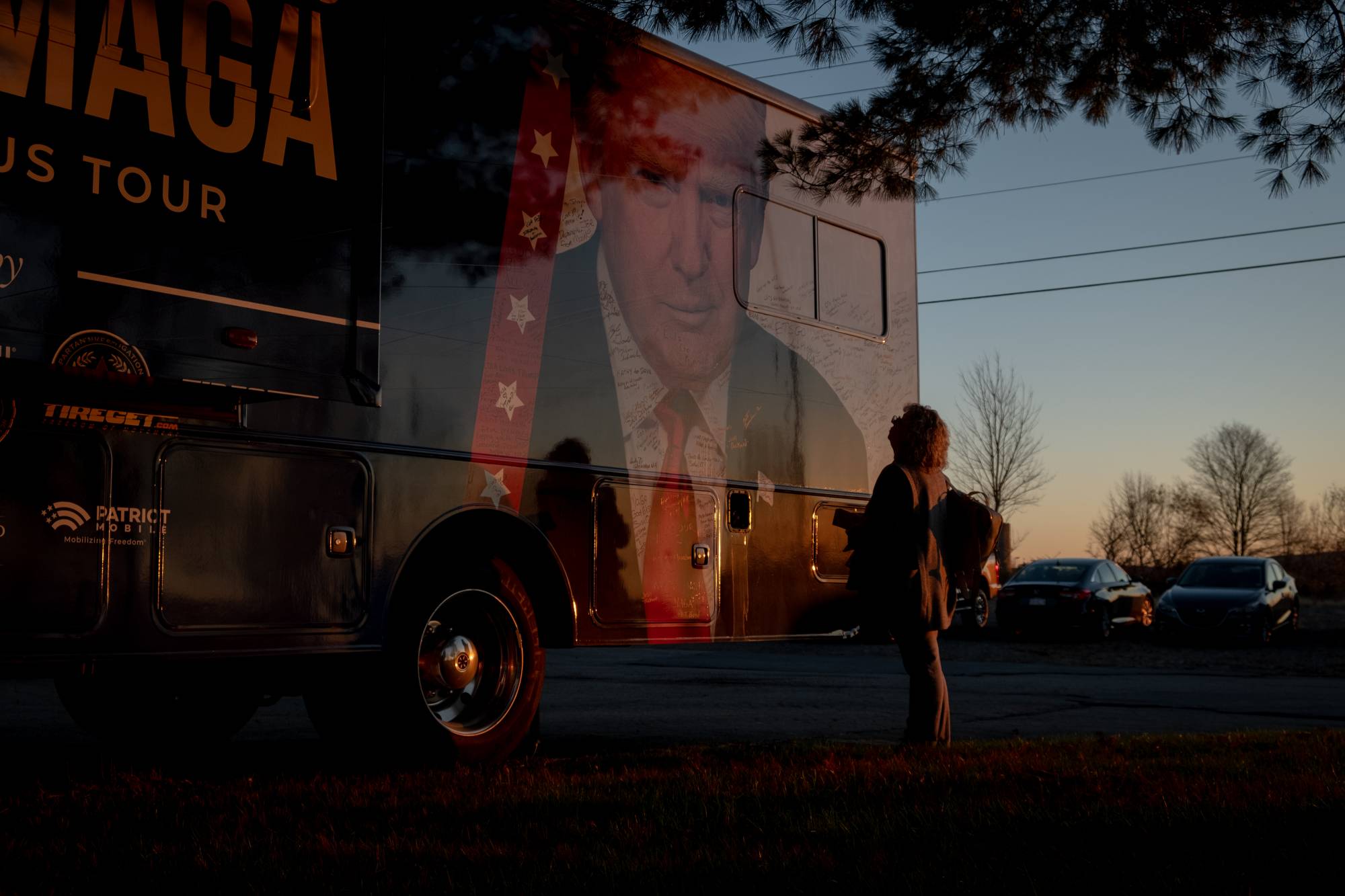Lin Wei-hsuan was just a child when he observed his first Taiwanese election almost two decades ago. His parents took him to watch the vote-counting, where volunteers held up each paper ballot, shouting out the choice and marking it on a board for all to see — the huge crowd of citizens inside, and many more watching live on television.
The open process, established islandwide after decades of martial law, was one of several creative steps that Taiwan’s leaders took to build public trust in democracy and to win over the United States, whose support might deter China’s aim of unification.
At the time, America was what Taiwan aspired to be. But now, many of the democracies that once looked to the United States as a model are worried that it has lost its way. They wonder why a superpower famous for innovation is unable to address its deep polarization, producing a president who spread false claims of election fraud that significant parts of the Republican Party and the electorate have embraced.


















With your current subscription plan you can comment on stories. However, before writing your first comment, please create a display name in the Profile section of your subscriber account page.